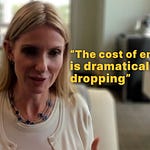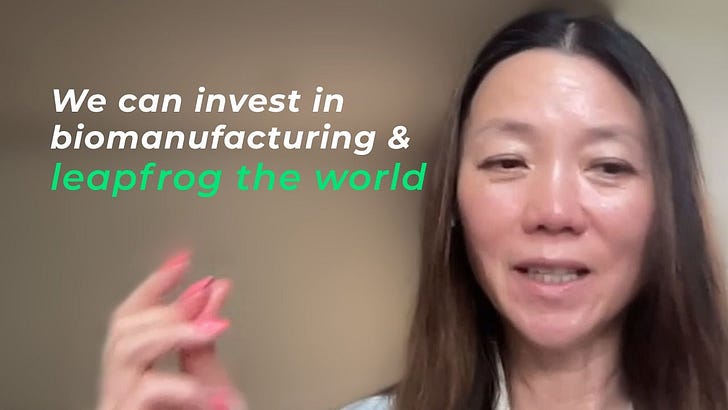From cutting-edge chips to AI networks the disruption happening up and down the tech stack is upending invention and value. Everything is on the table. Tyson Tuttle, former CEO of Silicon Labs and current founder and CEO of Circuit, brings decades of experience building innovative products across multiple tech waves.
In this conversation, Tyson shares insights on Austin's ecosystem past and present, the global tech competition, and how AI-powered knowledge networks that could finally deliver on the collaboration we have been promised.
Tyson Tuttle currently serves as Founder and CEO of Circuit, an early-stage venture on a mission to build the world’s most trusted knowledge network to enable people, organizations, and communities to be more informed, productive, and connected.
For more than three decades, Tyson Tuttle has been instrumental in shaping the technology industry through his strategic foresight and deep technical expertise. His leadership is guided by a people-centric approach with a focus on simplifying lives, enriching work, and strengthening communities. As a pioneer in purpose-driven innovation, his career is defined by an unwavering dedication to doing the right thing, and a commitment to building a more connected world.
Previously, Tyson was President & CEO of Silicon Labs (NASDAQ: SLAB) where he spearheaded the company’s transformation into a global leader in silicon, software, and solution for the Internet of Things (IoT). Under his leadership, Silicon Labs grew to $1B in annual revenue and earned widespread recognition, including consistently being named “Most Respected Semiconductor Company” by the Global Semiconductor Alliance and “Best Place to Work” by Fortune. Tyson started at the company in 1997 as one of its first employees, quickly rising through the ranks before becoming CEO in 2012.
An engineer at heart, Tyson received a BS from Johns Hopkins University, MS from UCLA, both in electrical engineering, and holds more than 80 patents. Tyson’s impact extends well beyond the corporate world. He currently serves on the boards of the Federal Reserve Bank of Dallas, the Texas Stock Exchange (TXSE), the Johns Hopkins University Whiting School of Engineering, and the Austin Monitor.
Episode Highlights
Austin's Semiconductor Legacy
Geopolitical Chip Wars
A Million Transistors Per Space
Taiwan's Silicon Shield
Balancing Risk and Production
Moving Up the Technology Stack
Rethinking Workflows with AI
Network Effects Beyond Social
AI-Powered Knowledge Networks
What's Next, Austin?
"Tech is spreading everywhere. We've got to build great companies here, we have great talent, and we've got to make this a place that is affordable and where our quality of life doesn't diminish, but goes up"













Share this post